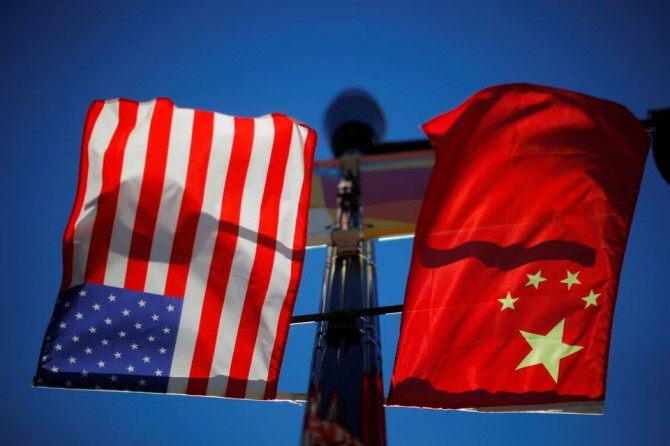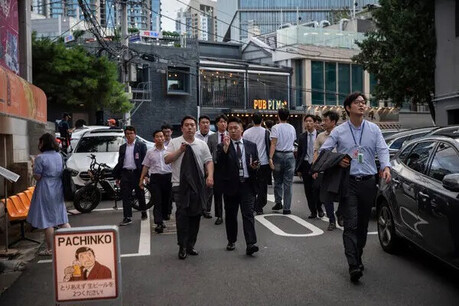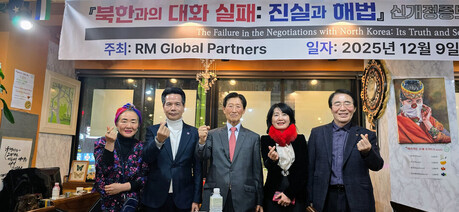
Geneva, Switzerland – In a development that offers a glimmer of hope to the global economy, the United States and China have jointly announced significant headway in their first high-level trade negotiations since the protracted and economically disruptive trade war. Following two days of discussions in Geneva, both sides expressed optimism, stating that substantial progress had been made towards de-escalating the tensions that have cast a shadow over international commerce for years.
US Treasury Secretary Scott Bessant, who led the American delegation, characterized the talks held on May 10th and 11th as "productive," affirming that "substantial progress" was achieved. Speaking to reporters, Secretary Bessant also conveyed that President Donald Trump had been briefed on the developments and was fully apprised of the ongoing discussions. This direct involvement of the President underscores the significance the administration places on resolving the trade impasse with Beijing.
Echoing this sentiment, Chinese Vice Premier He Lifeng, the head of the Chinese negotiating team, described the discussions as "constructive" and confirmed that "significant progress" had been made. According to reports from Reuters, Vice Premier He highlighted a crucial outcome of the talks: an agreement between the two economic powerhouses to establish a formal communication mechanism for future trade and economic consultations. This commitment to ongoing dialogue signals a willingness on both sides to engage in sustained efforts to manage their complex trade relationship. He further emphasized China's long-standing pursuit of "win-win" outcomes in trade negotiations and reiterated Beijing's readiness to collaborate with Washington to mitigate disagreements and expand areas of mutual cooperation.
These negotiations represent the first formal engagement on trade issues between the two nations since the commencement of President Trump's second term in office. The backdrop to these talks is a trade relationship strained by years of escalating tariffs. The initial imposition of US tariffs, citing concerns over issues ranging from the flow of the deadly synthetic opioid fentanyl to persistent trade imbalances, triggered retaliatory measures from Beijing. Consequently, tariffs on US goods entering China soared to a staggering 125%, while Chinese goods faced duties of up to 145% upon entering the United States. This punitive tariff regime has had far-reaching consequences, impacting businesses, consumers, and global supply chains.
Adding to the positive signals, US Trade Representative (USTR) Jamison Greer, a key member of the US negotiating team, described the two-day engagement as "very constructive," emphasizing that "a lot of groundwork has been laid." Greer's remarks suggest that the discussions delved into specific areas of contention and that a foundation for future agreements is beginning to take shape. His observation that "it's important to understand how quickly we can reach an agreement" and his assertion that "this reflects that the differences may not be as large as previously thought" offer a hopeful indication that a resolution might be within closer reach than previously anticipated.
While the specific details of the "substantial progress" achieved remain undisclosed, the mutual acknowledgment of significant headway and the commitment to establishing a communication mechanism are crucial first steps. The protracted trade war, characterized by tit-for-tat tariff hikes, has instilled considerable uncertainty in the global economy, disrupting supply chains, increasing costs for businesses, and ultimately impacting consumers through higher prices. The prospect of a de-escalation, marked by a substantial reduction in the crippling mutual tariffs, offers a much-needed reprieve.
The reasons behind this apparent shift towards reconciliation are multifaceted. For the United States, while the tariffs were intended to pressure China into altering its trade practices, they have also faced criticism from domestic industries and consumers who have borne the brunt of increased costs. Furthermore, the global economic landscape has evolved, with the ongoing war in Ukraine and other geopolitical tensions adding further complexities. A stable trade relationship with China could offer a degree of predictability in an increasingly volatile world.
Similarly, China's economy has faced its own set of challenges, including domestic economic adjustments and the impact of global uncertainties. Easing trade tensions with the United States, a major trading partner, could provide a much-needed boost to its economic growth and stability. The emphasis from the Chinese side on "win-win" outcomes suggests a recognition of the mutual benefits that can arise from a more balanced and cooperative trade relationship.
The establishment of a formal communication mechanism is particularly significant. Regular and structured dialogue can help to prevent future misunderstandings and escalations, providing a framework for addressing ongoing trade concerns in a more predictable and less confrontational manner. This commitment to sustained engagement suggests a long-term perspective on managing the intricate economic relationship between the two countries.
Looking ahead, the follow-up discussions will be critical in translating the initial progress into concrete agreements. The specifics of the tariff reductions, the areas of trade imbalance that will be addressed, and the mechanisms for ensuring fair trade practices will all need to be carefully negotiated. However, the positive tone and the stated commitment from both sides offer a promising sign that a new chapter in the US-China trade relationship may be unfolding – one characterized by dialogue and a mutual interest in mitigating the damaging effects of the trade war. The global economic community will be watching closely to see if this initial "ceasefire" can evolve into a lasting peace on the trade front.
[Copyright (c) Global Economic Times. All Rights Reserved.]





























